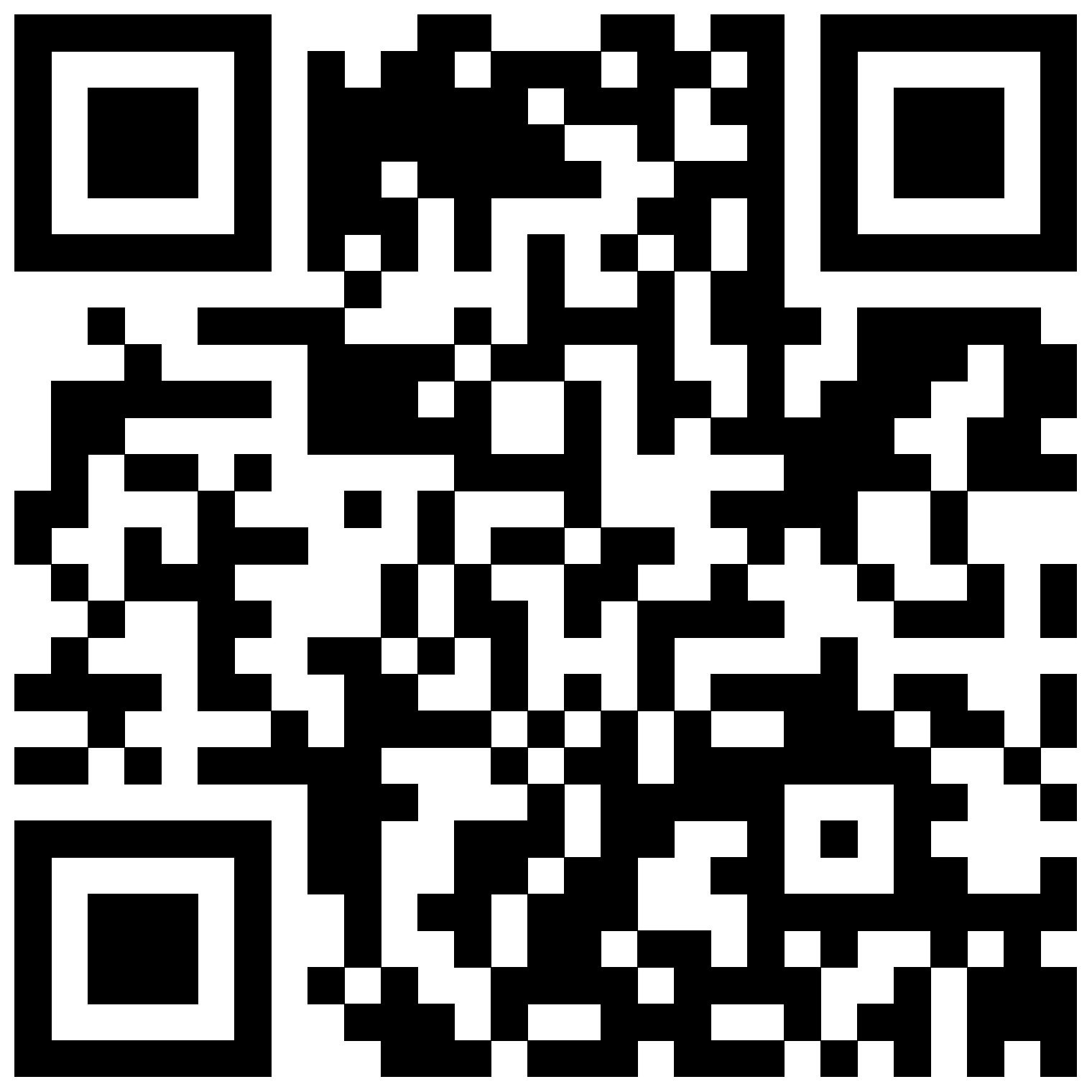How Can We Help?
7 Tips to help you decide what to track in Bearable
One of the most common questions that new Bearable users ask us is: ‘What should I track’? So, in this short post, we’ll try to help you to answer that question.
1. 🎯 Track just few things to begin with.
It can be tempting to track everything but it can be more useful and manageable to begin by keeping it simple and track just a few important things. This is especially true when deciding what factors (i.e. choices, habits and behaviours) to track.
2. 🔍 Start with a question.
What’s the biggest question that you have about your health right now? You might be wondering what’s triggering your anxiety, what helps you to manage pain, or what improves your levels of fatigue. Focus on one question at a time and use this to help decide which symptoms and factors to track.
3. 🔥Track priority symptoms.
Try to focus on jus tracking the symptoms that are having the biggest impact on your overall wellbeing. For example, rather than tracking every symptom of Anxiety, you might want to begin by just tracking Anxiety symptoms as a whole.
4. ✅ Track common triggers and treatments.
Google common causes and treatments for your priority health issue and use them to help you decide which factors to track in Bearable. For example, this Healthline article outlines some common causes of irritability that could help you to decide what factors to focus on.
5. 💊 Track an existing treatment.
In an effort to manage a health issue, you might already be taking cold showers, a new medication, or going to therapy. It can be useful to track the correlation between these factors and changes in your health to understand if they’re having the impact that you’d like.
6. ⛏️ Break things down.
Some of the default factors in Bearable are quite broad and it can be beneficial to think about creating more specific factors. For example, instead of tracking ‘social event’ you could track ‘saw Chad’, ‘saw Karen’, and ‘saw Mom’ to determine the correlation between individual people and the impact they each have on your health.
7. 🤔 Ask a new question.
Once you have enough data to answer a question about your health, you don’t need to keep tracking the same things. For example, you might find that drinking less coffee reduces your levels of irritability. At this point, it’s okay to begin tracking a completely different set of factors – and even different symptoms – based on any new questions that you have about your health. We recommend logging at least 14 days with a factor before making any decisions about its impact on your health.
👋 Still not sure what to track?
Get in touch with us at support@bearable.app and we’ll help you decide what to track.



